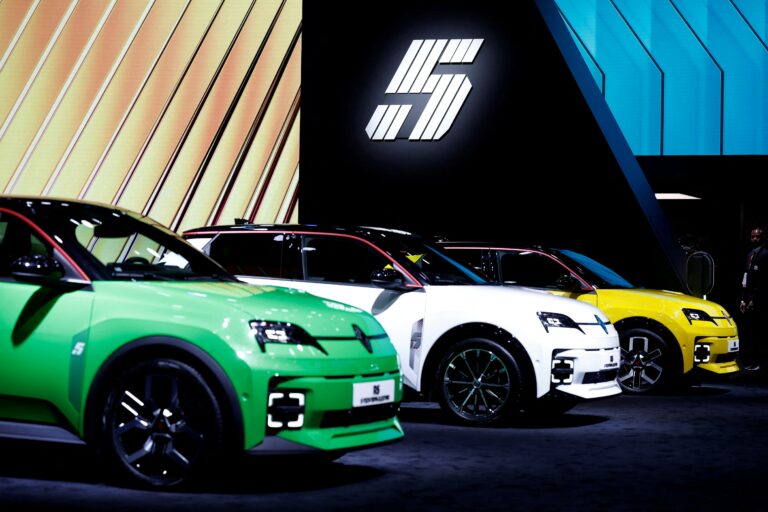
BRUSSELS, Feb 21 (Reuters) – European electric transport groups are pushing back against automakers’ efforts to weaken the European Union’s 2025 CO2 car emission targets and related financial penalties.
In a letter sent to European Commission President Ursula von der Leyen on Friday and seen by Reuters, E-Mobility Europe and ChargeUp Europe urged the EU executive to maintain the current emission targets. They also opposed any moves to delay the implementation of the targets or to base fines on a multi-year average. The groups insisted that any fines collected should be used to support the EU’s transition to electric vehicles (EVs).
EU car manufacturers, facing increased competition from Chinese rivals and anticipating potential U.S. tariffs, are lobbying the Commission for relief from fines. They argue that these fines, which could reach 15 billion euros ($15.7 billion) if they fail to meet the 2025 CO2 emission limits, are too punitive.
The letter emphasized that weakening the 2025 CO2 limits would hinder Europe’s progress in the EV market and negatively affect investment in critical areas such as charging infrastructure, battery development, and manufacturing.
E-Mobility Europe, which includes EV manufacturers, supply chain companies, fleet owners, and infrastructure providers, and ChargeUp Europe, representing the EV charging industry, both count Tesla (TSLA.O) among their members.
Automakers have attributed some of their struggles to a lack of consumer demand, which they believe is partially due to inadequate charging infrastructure. However, Aurelien de Meaux, CEO of charging company Electra, contested this narrative. He stated that existing EU charging stations could accommodate five to seven times more vehicles without becoming saturated and reiterated his sector’s commitment to investing billions in infrastructure expansion.
“It would be a disaster to backpedal on policy,” de Meaux warned.
The groups argue the 2025 CO2 targets are achievable, pointing to the launch of 11 new EV models priced under 25,000 euros and a 40% year-on-year increase in EV sales in January 2025.
De Meaux also clarified the 15 billion euro fine estimate, stating that it was based on sales figures from the first six months of 2024. He projects that fines would be closer to 4-6 billion euros and could be reduced through trading credits with other companies.
The groups support targets or incentives aimed at the electrification of corporate fleets, which account for approximately 60% of new car sales.
($1 = 0.9564 euros)



